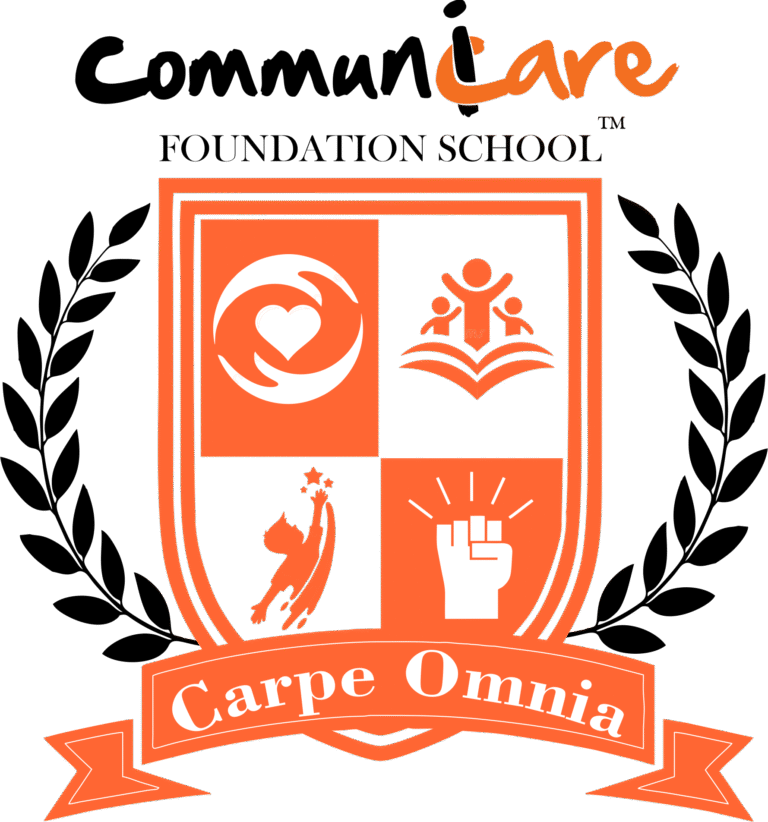Understanding Behavioral Disorders: Causes, Types & Coping Strategies

Behavioral disorders can deeply affect an individual’s emotional, social, and psychological well-being. Whether in children or adults, these disorders often manifest as chronic patterns of disruptive, impulsive, or socially inappropriate behaviors. Understanding the roots of these conditions and implementing the right support strategies is key to fostering healthier development and relationships.
What Are Behavioral Disorders?
Behavioral disorders are a group of mental health conditions that cause persistent patterns of disruptive behaviors. These behaviors often go beyond the bounds of typical developmental phases and interfere with social, academic, or occupational functioning.
At Communicare Education, we focus on early identification and tailored intervention to help individuals thrive despite these challenges.
Common Types of Behavioral Disorders:
- Attention-Deficit/Hyperactivity Disorder (ADHD) One of the most common behavioral disorders, especially in children. Symptoms include inattention, hyperactivity, and impulsivity that interfere with daily functioning.
- Oppositional Defiant Disorder (ODD) Characterized by a frequent and persistent pattern of anger, irritability, arguing, defiance, or vindictiveness toward authority figures.
- Conduct Disorder (CD) Involves more severe behaviors such as aggression toward people or animals, property destruction, deceitfulness, or theft.
- Autism Spectrum Disorder (ASD) While primarily a neurodevelopmental disorder, ASD often includes behavioral symptoms like repetitive actions and difficulty with social interaction.
- Anxiety and Mood Disorders These can lead to behaviors such as withdrawal, irritability, or refusal to participate in activities and may coexist with other behavioral issues.
Signs and Symptoms to Watch For:
- Frequent temper tantrums or explosive outbursts
- Defiance toward authority figures
- Difficulty paying attention or staying still
- Aggressive behavior toward peers or animals
- Persistent irritability or mood swings
- Problems in academic performance
- Withdrawal from family or friends
- Lack of empathy or remorse
At Communicare Education, our expert team helps differentiate between behavioral disorders and typical developmental behaviors, ensuring accurate guidance for parents and caregivers.
Causes and Risk Factors:
Behavioral disorders can arise from a combination of biological, environmental, and psychological factors. Some key contributors include:
- Genetics and Family History
- Prenatal exposure to toxins or stress
- Traumatic life events or abuse
- Inconsistent discipline or parenting
- Neurological differences or brain injury
- Chronic stress or lack of emotional support
Communicare Education emphasizes a holistic understanding of these causes to design better-personalized support plans.
Impact of Behavioral Disorders:
If left untreated, behavioral disorders can significantly disrupt an individual’s academic progress, social interactions, family relationships, and future employment opportunities. In children, it may lead to academic failures and social isolation. In adults, it can result in job instability, substance abuse, and relationship challenges.
Through programs at Communicare Education, we aim to mitigate these risks by offering structured behavioral support early on.
Diagnosis and Evaluation:
Early diagnosis is crucial for effective intervention. Professionals such as child psychologists, psychiatrists, or behavioral therapists typically use:
- Behavioral assessments
- Developmental history
- Input from parents, teachers, and caregivers
- Psychological testing
Communicare Education offers access to qualified diagnostic professionals who work closely with families to ensure the right steps are taken from the very beginning.
Treatment and Support Strategies:
Treatment approaches vary depending on the type and severity of the disorder but may include:
- Behavioral Therapy: Focuses on identifying and changing harmful behavior patterns using positive reinforcement, structured routines, and consistent discipline.
- Parent-Child Interaction Therapy (PCIT): Helps parents build better communication and behavioral management techniques with their child
- Cognitive Behavioral Therapy (CBT): Encourages individuals to develop healthier thinking patterns and coping mechanisms.
- Medication: Stimulants or antidepressants may be prescribed for conditions like ADHD or depression, under professional supervision.
- School and Community Support: Individualized Education Programs (IEPs), counseling at school, and community support groups can provide essential support.
At Communicare Education, we integrate therapy, family support, and school collaboration to ensure comprehensive care and long-term success.
Coping Tips for Parents and Caregivers:
- Stay calm and consistent in responses to negative behavior
- Use positive reinforcement instead of punishment
- Set clear, simple rules and routines
- Avoid yelling or physical discipline
- Involve your child in decision-making and problem-solving
- Collaborate with teachers and therapists regularly
- Seek professional help early when concerns arise
Communicare Education provides workshops and parent counseling to guide caregivers in building a more supportive and effective home environment.
If you’re seeking a trusted partner to navigate behavioral challenges, Communicare Education is here to empower families with evidence-based care, compassionate support, and expert guidance



